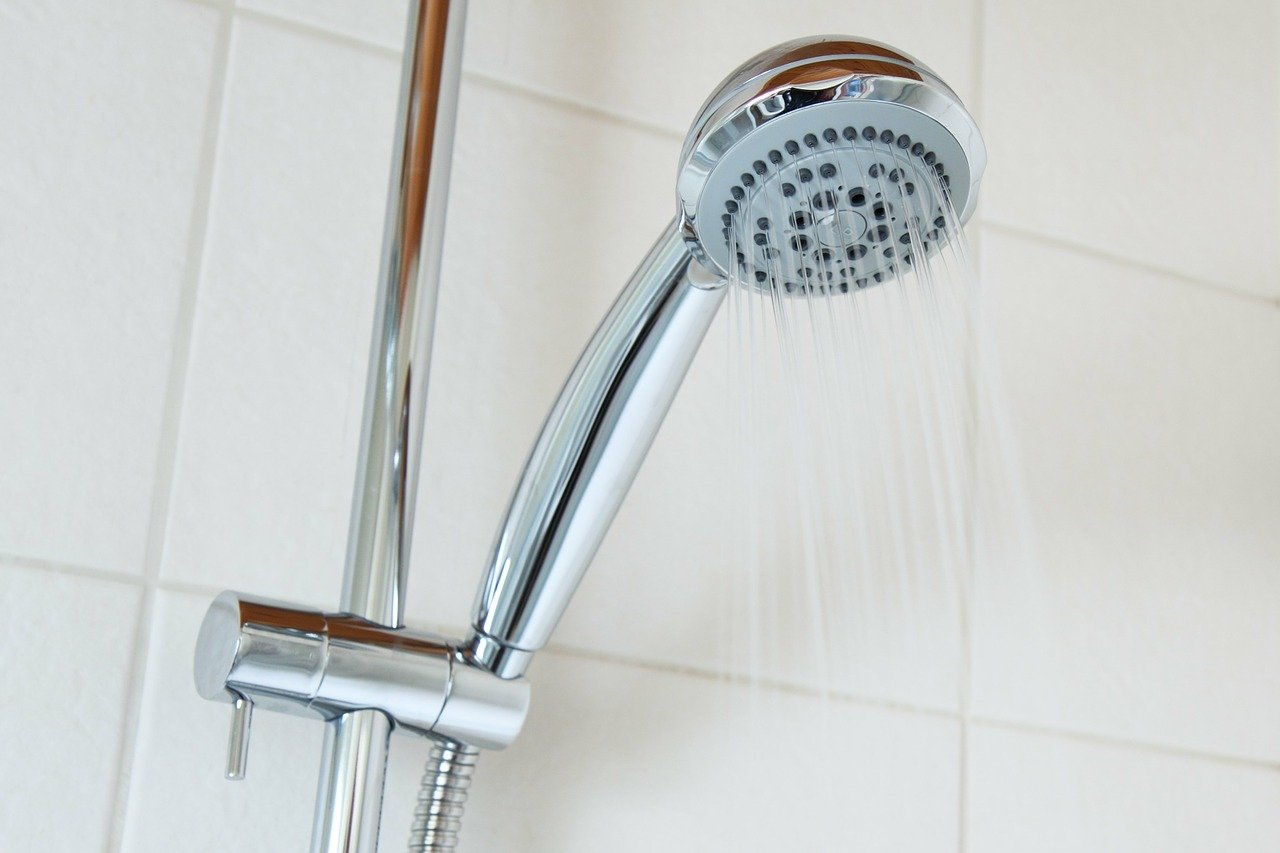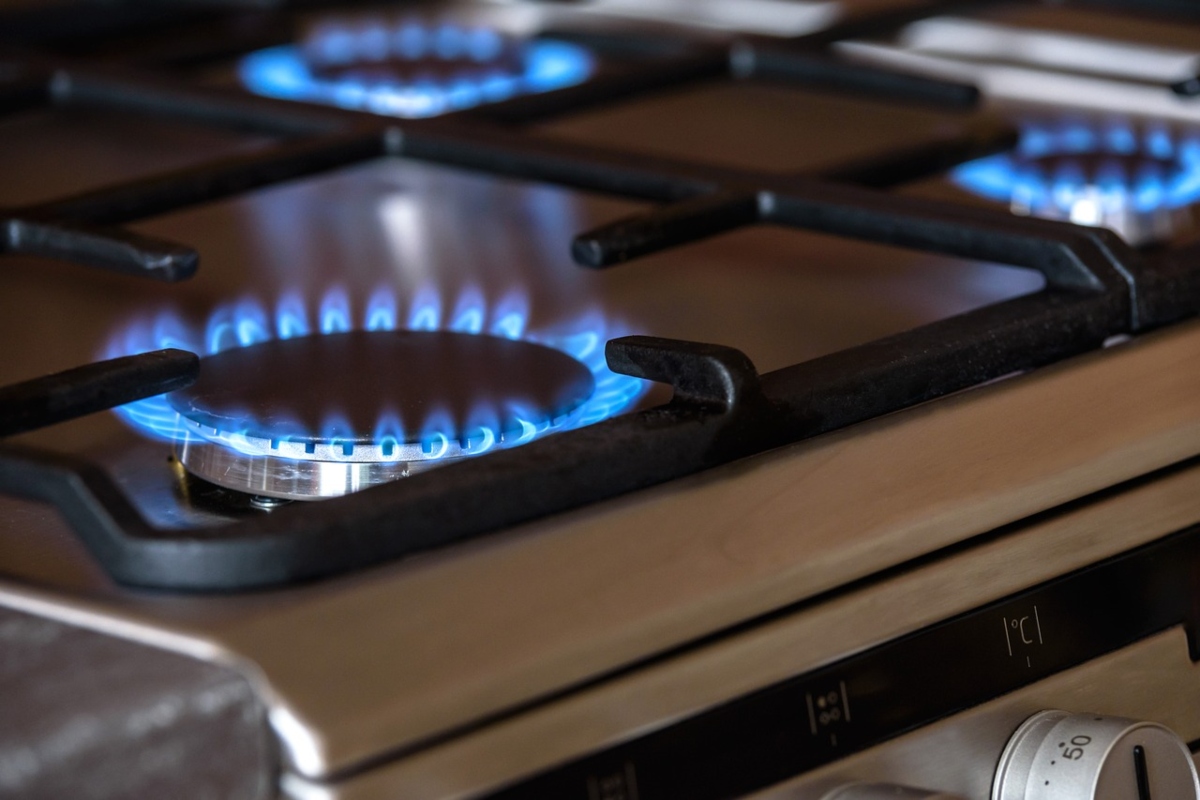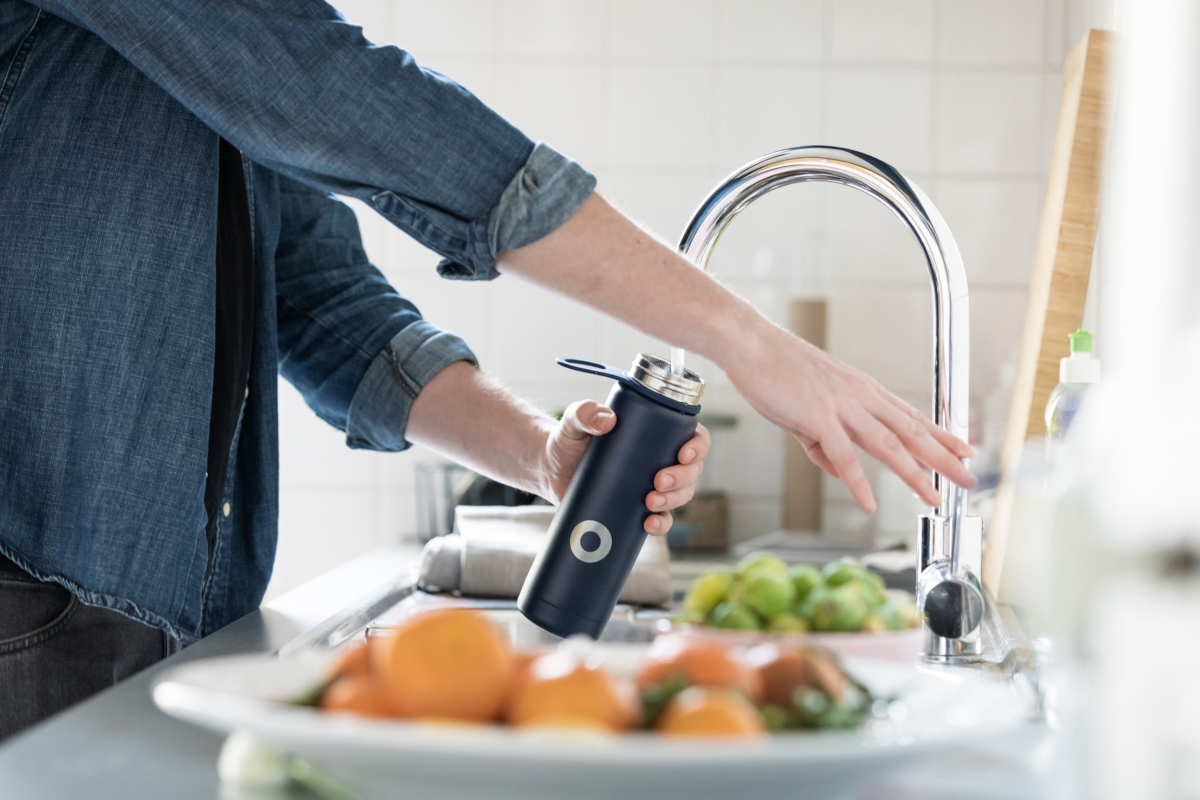Living off-grid in Spain is often cited as a path to both escaping the rat race and saving money on hefty monthly bills to heat and cool your home.
Eco Vida Homes clients are increasingly asking if we can design a home with all mod-cons that is not just off-grid, but totally independent from mains services and backup generators.
But is it even possible to have a completely self-sufficient home in Spain complete with off-grid heating, electricity and water?
Off-grid Spain: Everything in your house that needs an energy source
In short, it is indeed possible to live completely off-grid in Spain, and you don’t have to fill the house with candles and gas lamps like it’s the Stone Age.
However, there’s far more to consider than simply installing a few solar panels and unplugging from the energy supplier.
Here’s everything that makes up a home in Spain that you’ll need to provide energy for:
- Space heating and cooling (room temperature control)
- Water heating for bathroom and kitchen
- Cooking
- Electricity for light, food refrigeration and other domestic appliances
- Water for drinking, bathing, flushing, and irrigation
- Sewage disposal
The basic principle of running a home with all the above amenities off-grid in Spain is efficiency; nothing can go to waste. It’s far easier to be more efficient in how you use energy than it is to generate your own energy.
Whether it’s on-grid or off-grid and totally autonomous from all main services, a truly energy-efficient home will need to be properly designed with the energy balance of the building in mind.
This means talking to your architect in Spain about how the building will be used in each season, how many people live there and what they’ll be doing day-to-day.
Every factor in the villa design affects the other: the orientation, volume, insulation, airtightness, renewable sources, etc. Change one of them, and you’ll have to change the others to maintain the energy balance.
Off-grid heating: Making your home in Spain comfortable year-round

An airtight, well-insulated home with mechanical ventilation and heat recovery ventilator system (HRV) will quite possibly need no heat source at all. Body heat, with perhaps some cooking heat, can be enough to warm the home because no heat escapes.
Bear in mind that a mechanical ventilation system, which is essential in an airtight building, will need electricity. So, if you’re planning your home with no heating for the space and are relying on an HRV, then you need to make sure you are generating sufficient electricity.
If you are planning a renewable heat source for space heating, there are various sources to choose from. A biomass heater will require pellets, olive pips, almond shells or plain old wood. Air and ground source heat pumps will require some electricity, which needs to be factored in. If these sources are impracticable for whatever reason, you may need better insulation (or be prepared to put on an extra jumper!)
But if you’re building a house in Spain, especially on the Mediterranean coast where a modern Marbella villa can easily afford you both luxury and an energy-efficient home, you can reasonably expect to spend most of the year living comfortably in shaded and ventilated outside spaces with no need for space heating.
And as for cooling, there are a number of passive features that can be incorporated into the design.
Hot water for the kitchen and bathroom

Solar hot water systems in Spain are very practical, even in the winter.
If you’re using a renewable source of energy such as a biomass heater or heat pump, these systems can be integrated to augment your solar hot water system.
An electric immersion heater should probably be avoided unless you have substantial electricity generating systems.
Cooking when living off-grid in Spain

Try to avoid using electricity to cook with if possible as it’s expensive in terms of energy generation.
Butane gas may be an option if you have a good supply. Otherwise, it’s barbeques! Cooking outside in the summer has the advantage of keeping the heat outside the house (although in the winter this is a disadvantage). These considerations need to be part of calculating the energy balance of your home.
Additionally, slow ovens using hot ashes underground work beautifully.
Sustainable electricity for light, food, refrigeration and other domestic appliances

The convenience and magic of an on-grid electricity supply combined with modern electrical appliances would have been hard to imagine a hundred years ago. So is it even possible to live a 21st-century lifestyle off-grid in Spain without a generator?
Yes, but it requires planning. You will need to size your system to cover your needs: fridge, microwaves, toasters, TVs, computers, Hi-Fi (plus heavy consumers like washing machines, dishwashers and tumble dryers). Calculate how much electricity you consume and size your electricity generation and storage system to cope with it.
The big one, the swimming pool pump, is an absolute guzzler. It consumes the same amount as a hairdryer, except it’s on for hours. If you want a pool, a natural swimming pool is the obvious answer. The plants you use to clean the pool need to be appropriate to the microclimate you live in.
If you are planning not to have a backup diesel generator, start by looking at your natural resources: sunshine, wind, and hydroelectricity. A hybrid system is probably wise, such as a combination of solar energy and a wind turbine. When it’s not sunny, you can rely on wind (and vice versa).
You will need battery storage so you can use the electricity when you need it rather than when it’s being produced. The amount of energy storage you’ll need will depend on your consumption rate and budgetary constraints.
The fact is that nearly everybody who goes off-grid backs up their renewable energy source with a diesel generator, which solves all problems. Getting your calculations wrong or a succession of windless, overcast days can leave you high and dry when you aren’t generating much power.
However, for the good life (some people see diesel generators as noisy, dirty and environmentally unfriendly in that they consume expensive fossil fuel), this may not be an option – but doing without a generator can be achieved with planning.
Living off-grid in Spain: Drinking water, bathing, flushing, and irrigation

If you’re not planning on connecting to the mains water, your sources will be wells, streams and rainwater harvesting.
Wells and streams are highly regulated, so check these out before buying land in Spain. Rainwater is normally used for irrigation, but can quite easily be made drinkable with some treatment.
Similar to drinking water sources, regulations are equally as strict when it comes to off-grid sewage in Spain. A septic tank is an option, but they can often cause problems with contamination. Consider an on-site sewage treatment system to make sure your waste is properly processed. Other options include reed bed systems and constructed wetlands.
Can you really live the ‘good life’ off-grid in Spain?
On the question of how to grow your own vegetables, keep chickens, and butcher a pig… I’m afraid I’m not qualified to advise.
I do have a book on my shelf from the 1950s called ‘Practical Rabbit Keeping’ which I could lend you. But if you’re going rural in Spain, there’ll be no shortage of local people with experience in how to turn a pig into chorizo and salchichon…
Talk to the professionals at Eco Vida Homes before undertaking a home build in Spain to make sure off-grid living is baked into the bones of the building.
Author: John Wolfendale
Bio: John is a founder of Eco Vida Homes and is passionate about bringing modern design and construction practices to Spain. He believes a home that is warm in winter and cool in summer is largely a matter of design and selective use of materials. He is British and a Chartered Surveyor with 19 years experience living and working in Spain.

